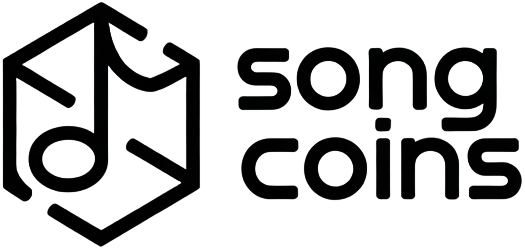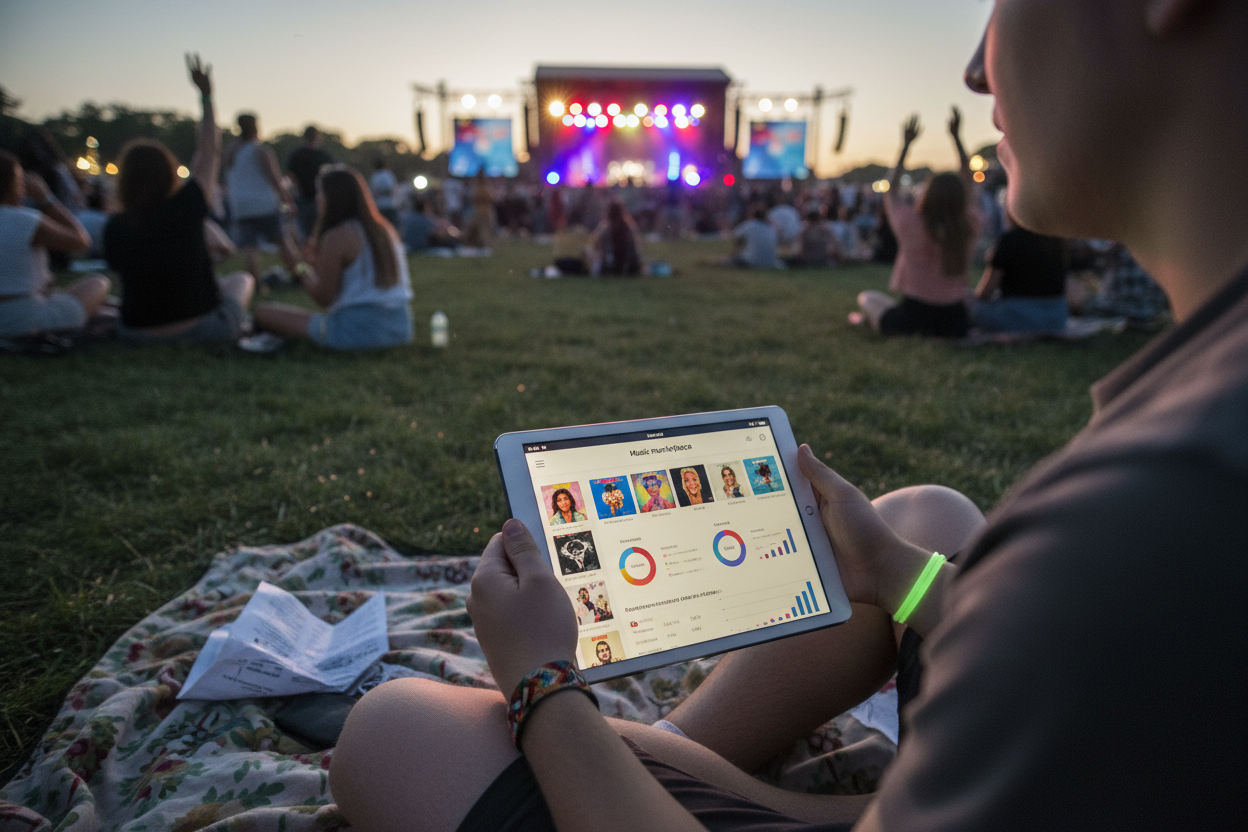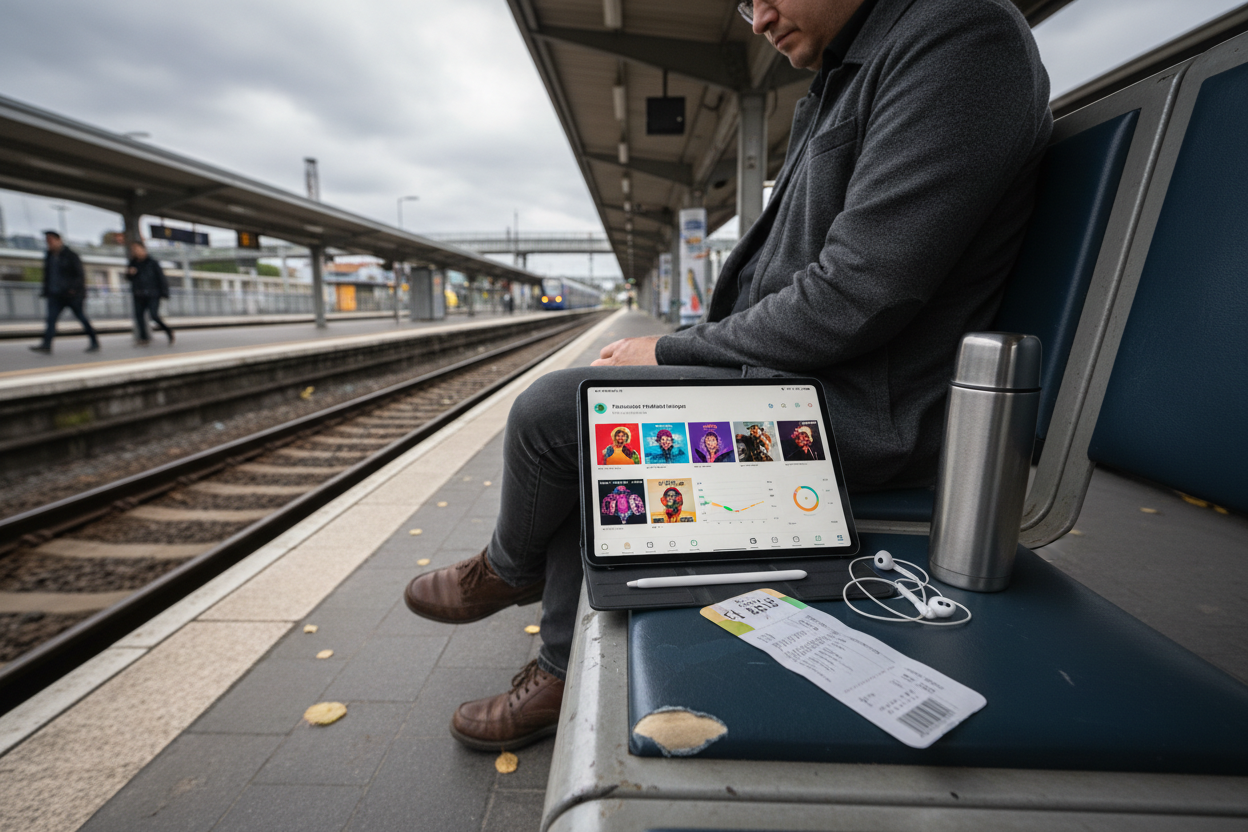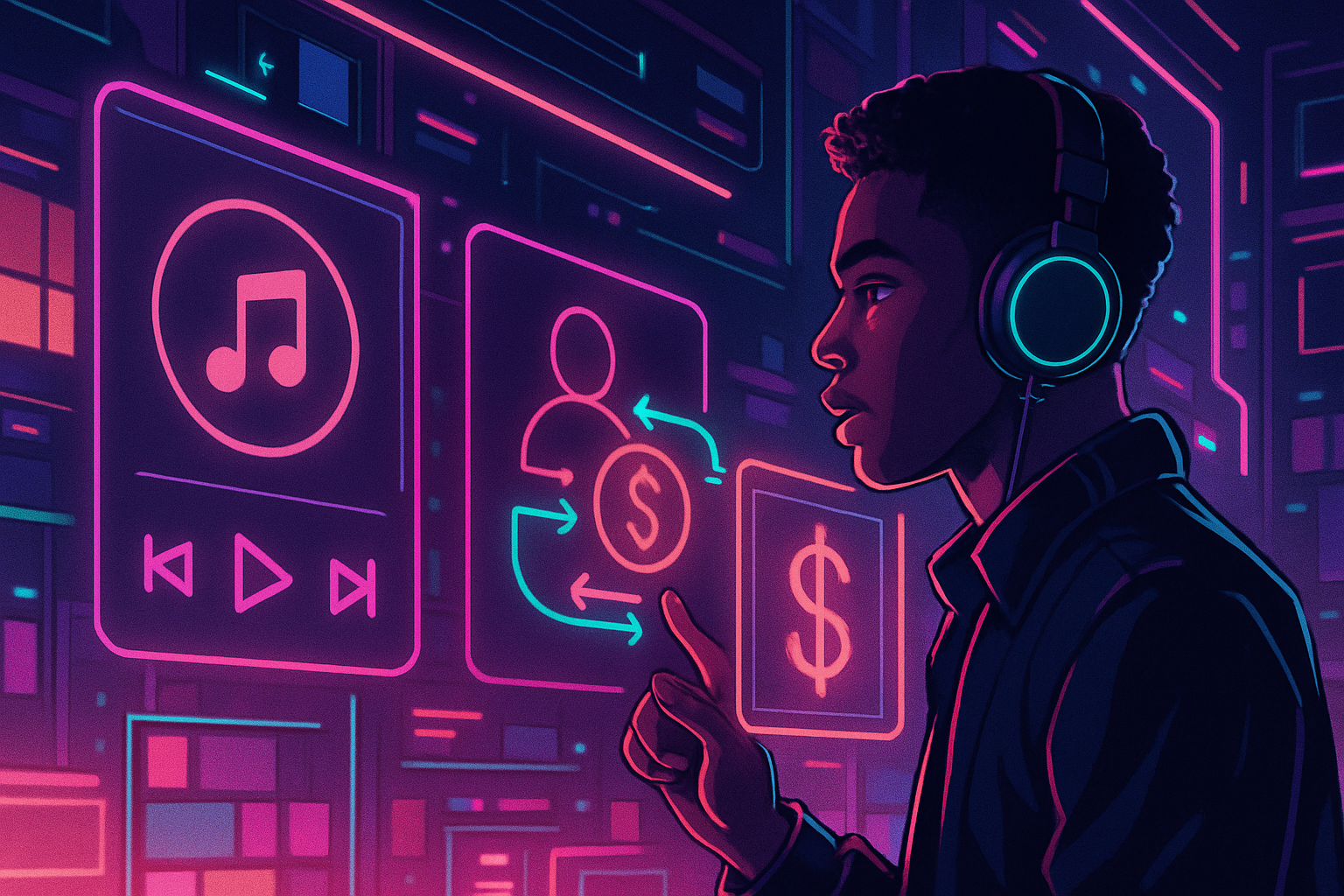
The music industry is undergoing a seismic shift as tokenized music royalties and blockchain technology disrupt old revenue models. For decades, artists have struggled with delayed payments, opaque accounting, and a labyrinth of intermediaries siphoning off their earnings. Now, blockchain-powered platforms are rewriting the rules, delivering instant royalty payouts and real-time transparency that put creators firmly in control.

Smart Contracts: The Engine Behind Instant Payouts
The heart of this transformation is the smart contract: code that automatically executes royalty distributions the moment a song is streamed or purchased. No more waiting months for checks to clear or statements to arrive, artists can now access their share of revenue within minutes. This automation slashes administrative costs and eliminates costly middlemen, letting musicians enjoy faster cash flow and greater financial security.
Platforms like Royal. io are leading the charge by letting artists tokenize future royalties, effectively unlocking immediate liquidity from their creative work. When fans or investors purchase these tokens, smart contracts instantly distribute earnings based on predefined splits. The result? Musicians get paid in near real-time for every play, download, or sync deal, no more chasing after missing money.
Transparent Revenue Sharing With On-Chain Music Royalties
Transparency has long been the Achilles heel of traditional music royalties. Blockchain flips this paradigm by recording every transaction on an immutable public ledger. Artists and rights holders can track exactly how much revenue each song generates, and where every cent goes, without relying on third-party reports that are often delayed or error-prone.
This radical visibility reduces disputes and fosters trust across all parties: artists, producers, publishers, even fans who buy into fractional music ownership. Platforms like Band Royalty use blockchain to create a permanent record of ownership and earnings, allowing stakeholders to monitor global performance data in real time.
Key Benefits of Tokenized Music Royalties
-

Instant Payouts via Smart Contracts: Blockchain platforms like Royal.io use smart contracts to automate royalty payments, ensuring artists receive earnings in real time without waiting for traditional processing delays.
-

Transparent Revenue Sharing: Platforms such as Band Royalty leverage blockchain’s public ledger to provide clear, immutable records of royalty distributions, reducing disputes and building trust among artists, producers, and fans.
-

Direct Fan Investment and Engagement: Tokenization enables fans to purchase music royalty tokens, directly supporting their favorite artists. Notably, Nas partnered with Royal.io to let fans own a share of streaming royalties from his songs, turning listeners into stakeholders.
-
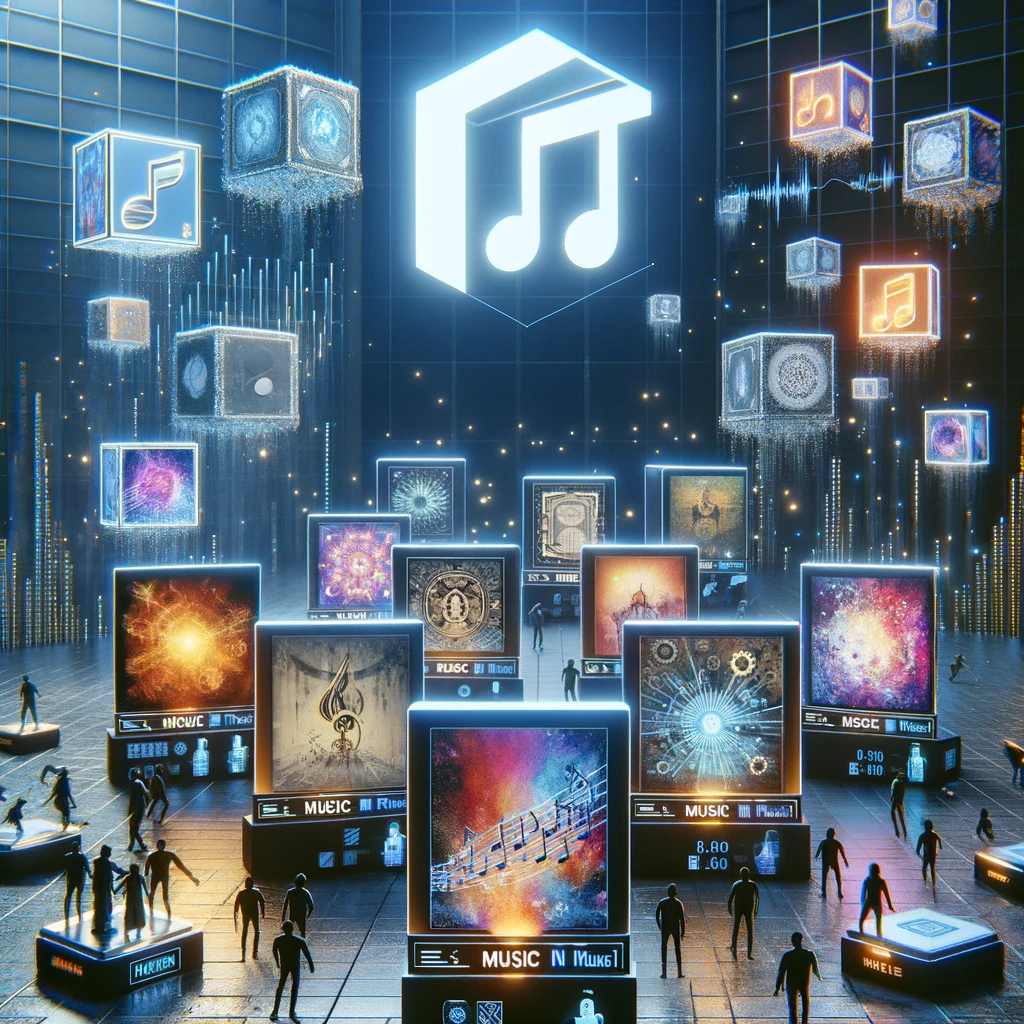
Artist Ownership and Control: By tokenizing their music rights, artists can retain greater ownership and control over their work, bypassing traditional intermediaries and accessing new funding opportunities through platforms like Royal.io.
-

Global Access and Liquidity: Tokenized royalties can be traded on blockchain marketplaces, giving artists and fans worldwide access to music assets and enabling immediate liquidity for rights holders.
Empowering Artists With Decentralized Music Revenue Models
The implications go far beyond speed and transparency. By converting IP rights into digital tokens on-chain, musicians can now monetize their catalogs without giving up control or ownership. This opens up new funding avenues, artists can sell a portion of future royalties to raise capital for tours or recording projects while retaining creative independence.
The decentralized nature of NFT music royalties also means that fans become direct participants in an artist’s success story. By acquiring royalty tokens, listeners don’t just support their favorite acts, they share in the upside when those songs perform well on streaming platforms worldwide.
Want to dive deeper into how tokenization is eliminating industry middlemen? Explore our detailed analysis at this resource.
This shift toward decentralized music revenue is democratizing access to the music business. Independent artists, who previously faced steep barriers to entry, now have the tools to raise funds and distribute profits on their own terms. Instead of signing away rights for upfront advances, musicians can engage directly with their audience, offering tokens that represent a share in future earnings. This model not only preserves artistic autonomy but also creates a new class of music investors: superfans who are financially and emotionally invested in an artist’s journey.
The impact extends to global markets as well. Blockchain-based royalty systems are borderless, allowing artists in any country to receive instant payments without the friction of traditional banking or currency conversion delays. This is especially transformative for creators in emerging economies, where access to fair and timely compensation has historically been limited by legacy infrastructure.
Challenges and Considerations for Tokenized Music Royalties
While the promise of on-chain music royalties is undeniable, there are still challenges to address. Regulatory clarity around digital assets continues to evolve, and artists must navigate new technical concepts like wallet management and smart contract parameters. Education will play a crucial role in ensuring that musicians fully understand both the opportunities and risks inherent in blockchain-based royalty models.
Another consideration is market volatility. The value of NFT music royalties can fluctuate based on demand for an artist’s work or broader crypto market trends. Platforms must prioritize user-friendly interfaces and robust security features to foster mainstream adoption among both creators and collectors.
Key Challenges Artists Face With Tokenized Royalties
-

Technical Complexity and Onboarding: Many artists find blockchain platforms like Royal.io or Band Royalty challenging to navigate due to wallet setup, token management, and understanding smart contracts.
-
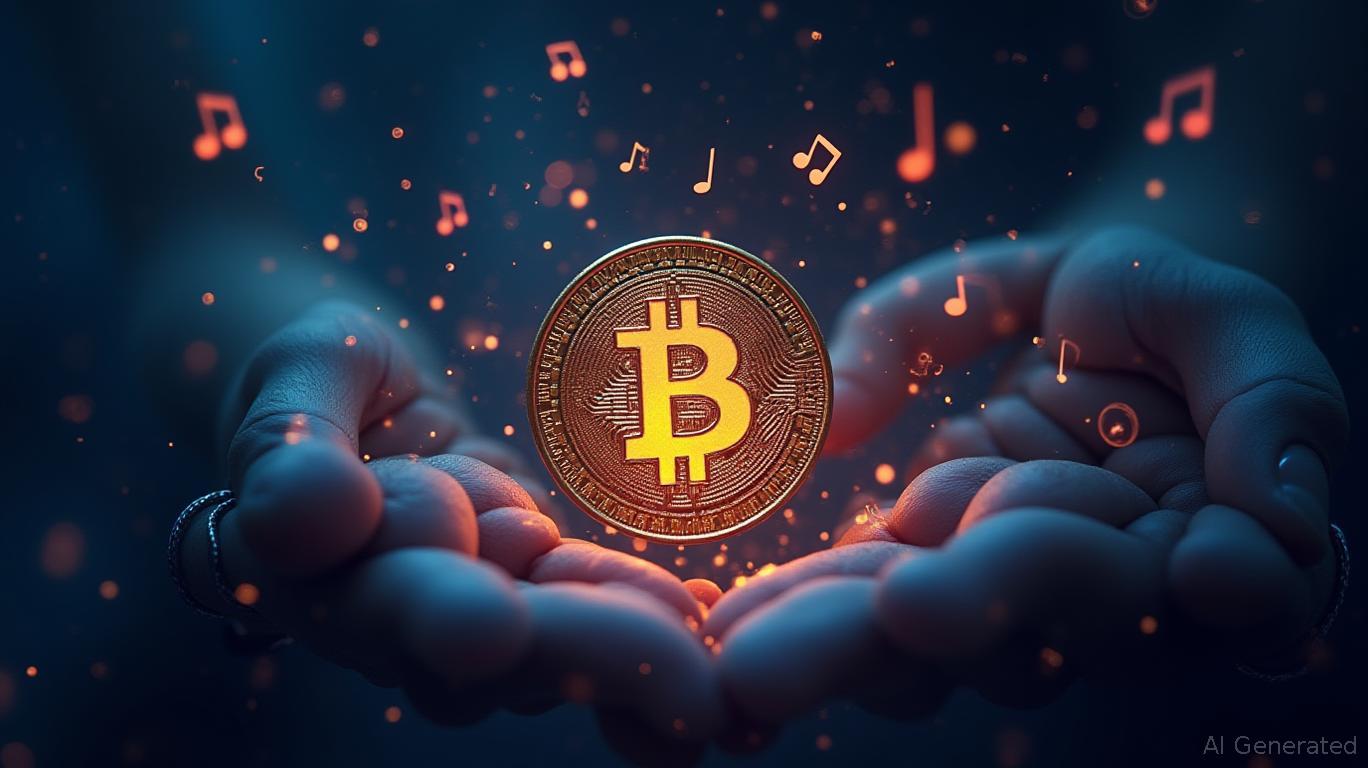
Regulatory Uncertainty: The legal landscape for tokenized music royalties is still evolving. Artists must consider securities laws and tax implications, which can vary by country and platform.
-
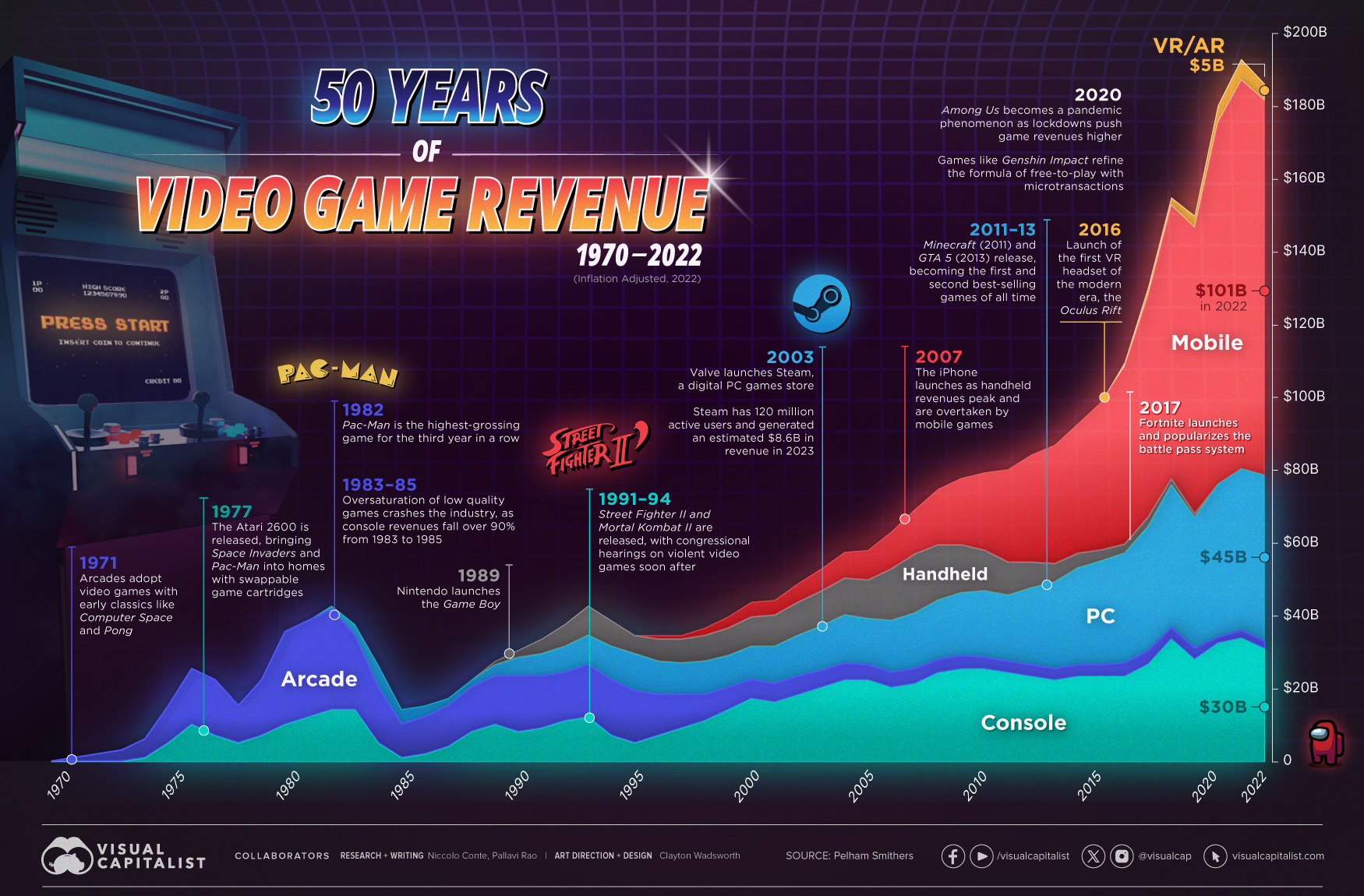
Market Volatility and Liquidity: The value of music royalty tokens can fluctuate, and there may be limited buyers or trading volume on platforms, making it difficult for artists to cash out when needed.
-
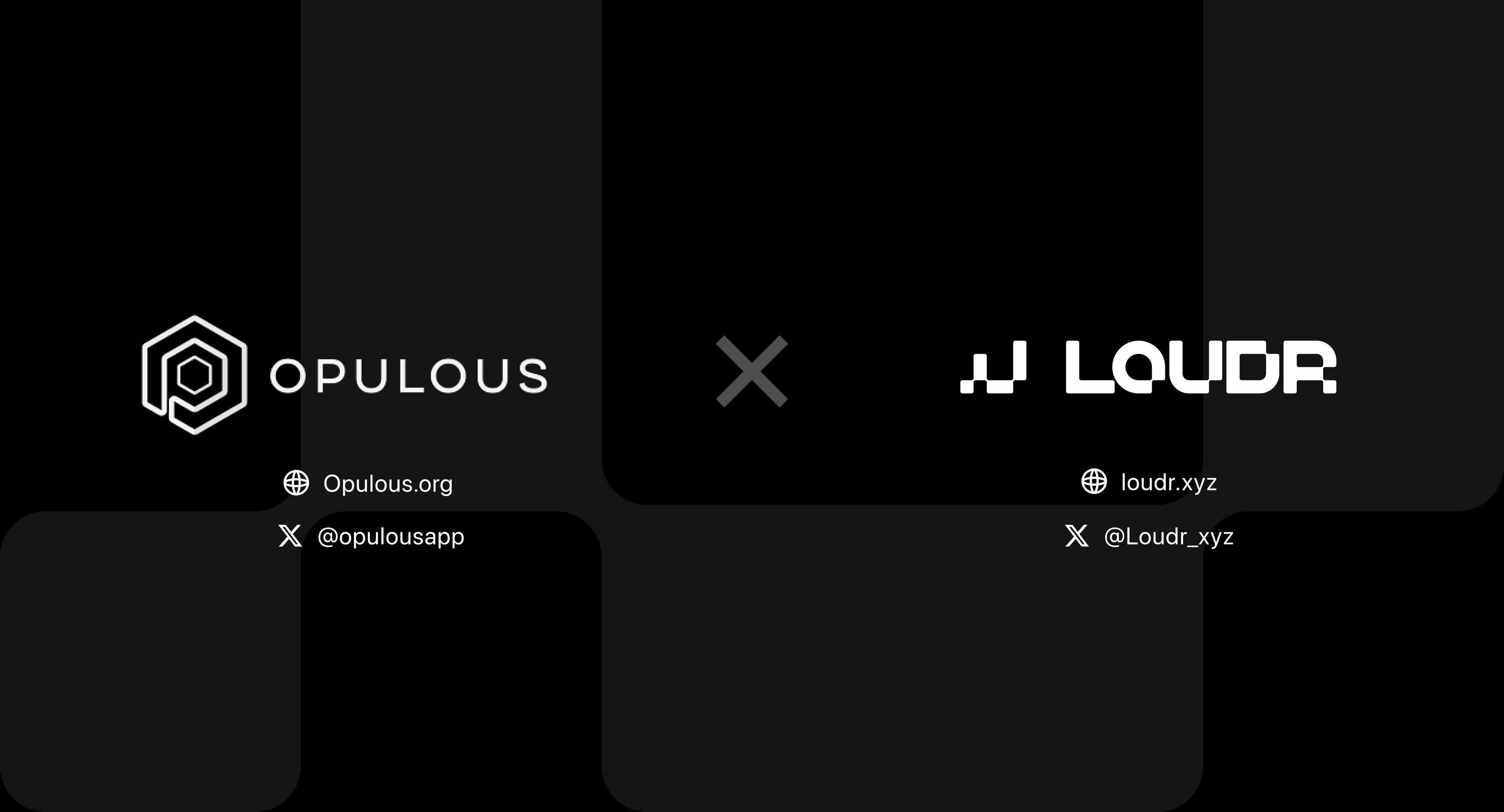
Intellectual Property and Rights Management: Ensuring accurate rights ownership and preventing unauthorized tokenization of music remains a challenge, even on transparent platforms like Opulous.
-

Audience Education and Adoption: Many fans and potential investors are unfamiliar with blockchain or tokenized assets, which can limit participation and funding opportunities for artists.
The Road Ahead: Fractional Ownership and Beyond
The future of music royalty transparency looks increasingly collaborative. As fractional ownership becomes more widespread, expect to see innovative partnerships between artists, fans, brands, and even DAOs (decentralized autonomous organizations). These new alliances could drive creative projects forward while distributing financial rewards more equitably across all contributors.
The evolution isn’t just technical – it’s cultural. By breaking down barriers between creators and supporters, tokenization is fostering a sense of shared purpose within the music ecosystem. Fans can now help fund albums or tours in exchange for a stake in future revenues, transforming passive listening into participatory investment.
If you’re curious about how these innovations cut out industry middlemen entirely, don’t miss our deep dive at this resource.
The bottom line? Tokenized music royalties aren’t just about faster payments – they’re about rewriting the rules of ownership, transparency, and community within the global music industry.
